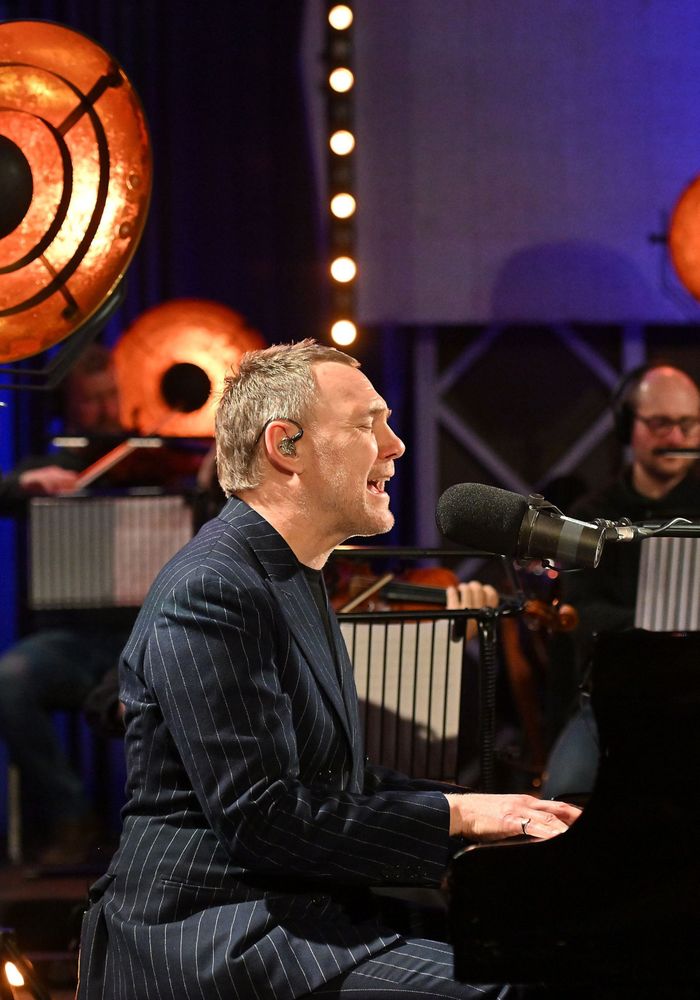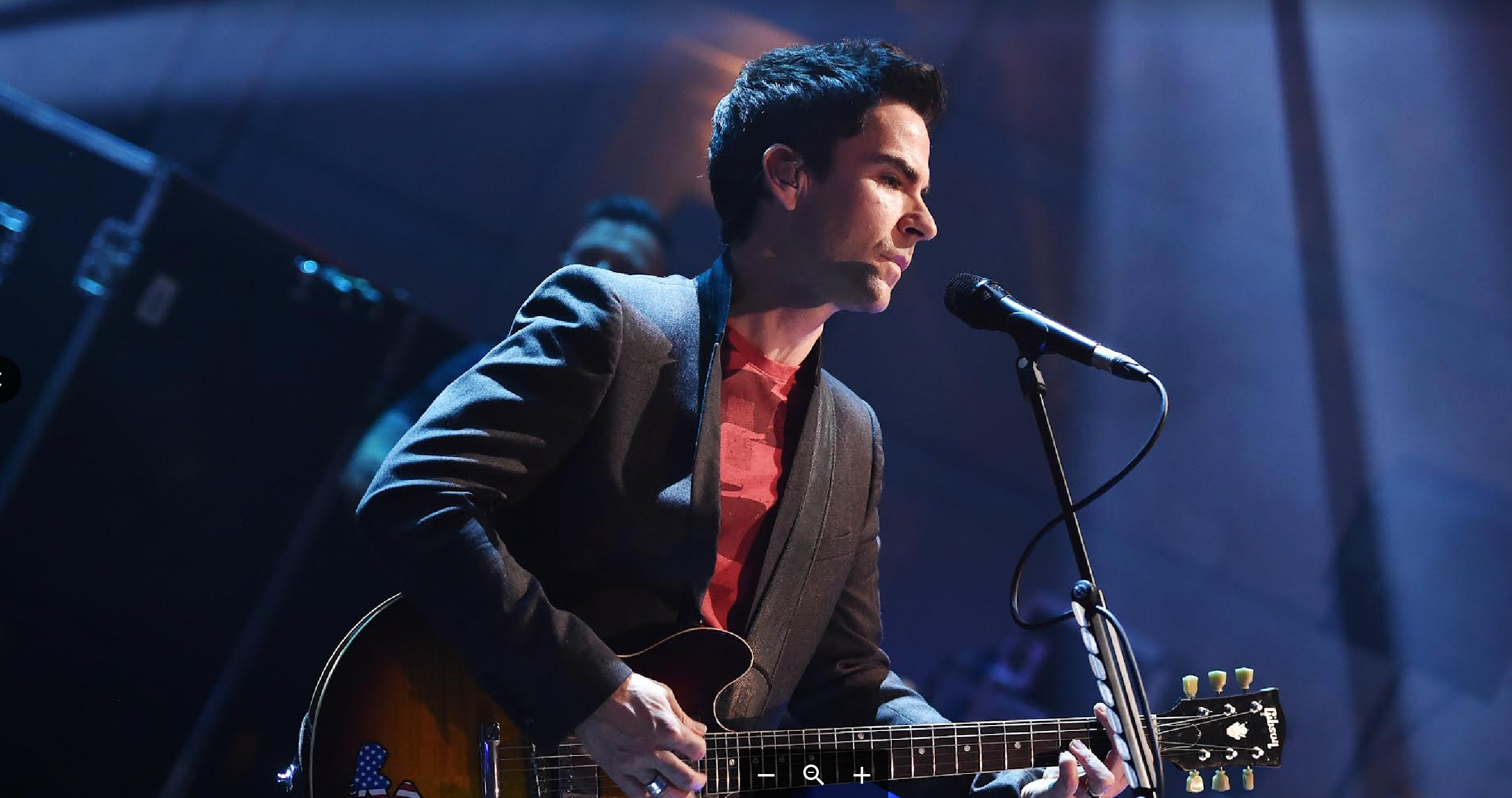From January 31 to February 25, BBC Radio 2 is hosting Piano Room Month, which sees an eclectic array of artists, including the likes of Ed Sheeran, Jack Savoretti, Tears For Fears, Clean Bandit, Kelly Jones, Ella Henderson and many more, perform live with the BBC Concert Orchestra – and, indeed, a piano donated by Elton John, no less - at London’s Maida Vale studios. Headliner caught up with Radio 2 and 6 Music head of music, Jeff Smith, to find out more about what listeners can expect and why the role of radio in today’s industry remains vital as ever.
How did Piano Room Month come about?
Years ago, we managed to persuade Elton John to give us his Steinway piano, which we put upstairs in our studio, and we thought, ‘we should be able to do something with this’! I created the Live Lounge back in the ‘90s, so I had experience with this type of thing, so we thought, as with something like Live Lounge, the artist would play a tune and maybe do a cover and a classic song. And it would be a standard format but with a refined setting. That’s how it started a few years ago.
Lots of people have done it over time, but with the pandemic it was challenging, so we replaced it with a thing called House Music, which is where we would go to people’s houses and record them there. So, we thought about how we should bring it back after a hiatus and give it the appropriate push. Then we arrived at the idea of doing it over a whole month, which is 20 artists every weekday over that month.
What are your expectations for the month?
I’m really proud to say I believe Radio 2 is a multi-generational appeal station. It appeals to a wide range of demographics, and I hope the artists I’ve chosen represent that. The way people are consuming music nowadays, people are getting into music of all eras. We’ve had hundreds of thousands of uses of the tracks in the past on iPlayer and when we’ve put them on socials etc. But it’s very difficult to gauge compared to TV – you don’t get overnight figures, you get quarterlies. But we do exist digitally through BBC Sounds and iPlayer, so we can gauge our success on that, and we’ll be guided by how much people engage with those platforms. And we’re working with all the artists’ socials, which should give us a good idea of how well it has delivered.
Do you think streaming platforms have opened up different eras of music to younger listeners? And does that play into radio’s hands?
We may be at the start of something. I remember in 2004 when I was director of programming at Napster and we were the first legal online digital service provider. We were finding that people were consuming a massive range of music. In the US it was all about genre but we found our audience was picking up and consuming a whole range of music. That was very much the case in the UK, and it’s what the BBC has dictated in a way. Since Radio 1 and 2 launched in 1967, the BBC has led the way in saying ‘we’re not genre driven’. Yes, we’ll celebrate eras and genres in our specialist programmes, but the mainstream stations are about a whole range of music.
In terms of eras… my kids are in their 20s and they’ll find the old Bob Dylan tracks and then they’ll listen to Clairo or something like that. There’s a tremendous range. Perhaps the benefit of streaming services is that it does open 75 millions track for you to consume and you can make your own call on it. The world of music has opened a lot more, so there is a chance for Radio 2 is to pick up on that multi-generational opportunity.




